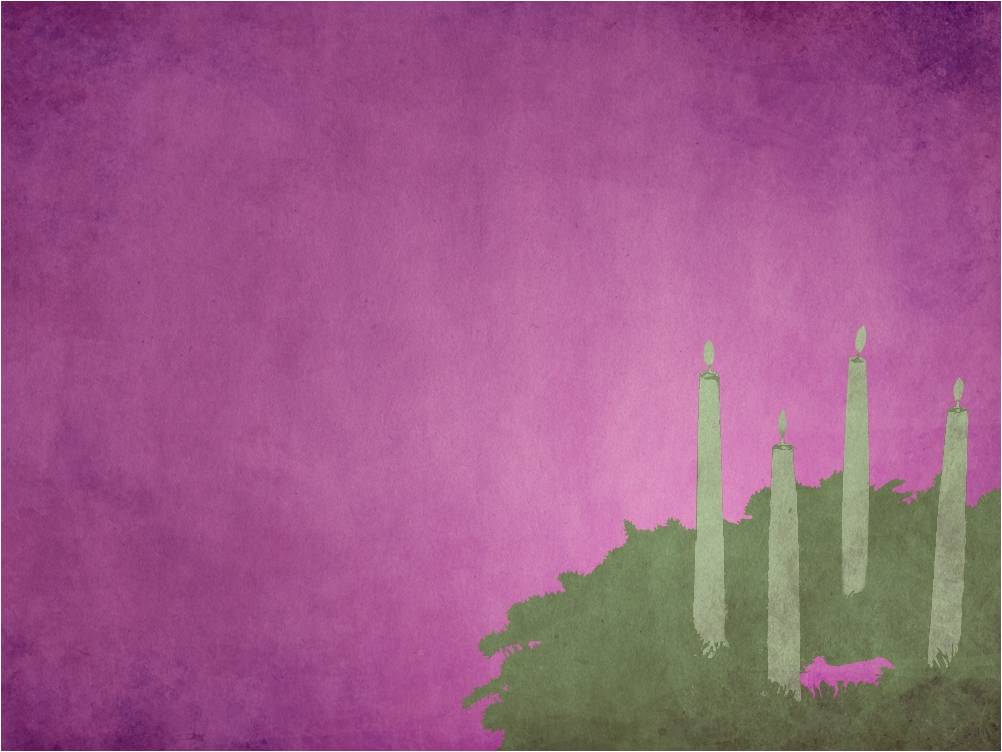Editor’s note: In the Fall 2019 issue of the Concordia Journal, Glenn Nielsen provides an Anatomy of a Sermon by Frances “Rev” Rossow. Dr. Nielsen notes that the sermon itself alludes to an earlier editorial Rev Rossow wrote in the November 1977 issue of the Concordia Journal. We reprint that “devotional essay” below, which, fittingly, is an apt reflection during this season of Advent and Christmas.
Readers of the Journal familiar with the English literature of a few centuries ago will recognize the term “Holy Rood.” It’s another designation, of course, for the cross or the crucifix. For example, Lord Stanley in Shakespeare’s play Richard the Third says, “… by the Holy Rood, / I do not like these several councils.” The term is hardly used today. I think its disappearance unfortunate. At any rate, I’d like to revive the term in this devotional essay. I’d like to do what I’m surprised Shakespeare failed to do (in view of his fondness for the practice) and that is pun on the term. “Rood,” of course, in the expression “Holy Rood” is spelled “r-o-o-d” (and I see no point for the present in annoying you with its linguistic history). But permit me for the remainder of this devotional to spell it “r-u-d-e.” Spelled that way, doesn’t the designation “Holy Rude” capture the paradox of the cross? That rude, crude tree, more shameful than the gallows of modern times, has been made holy by the death of one of the many condemned to be suspended on it, Jesus Christ, the Son of God. How people regarded the cross at one time is evident from Philippians 2:8: “He humbled himself, and became obedient unto death, even the death of the cross.” “Even the death of the cross” tells the story. Jesus was so obedient that he even went that far. The cross not only hurt; it also humiliated. But today we revere the cross. It is one of our most sacred symbols. The rude has become holy, all the result, no doubt, of the continuance through the centuries of the practice begun by St. Paul, a practice he himself described in Galatians 6:14: “But God forbid that I should glory, save in the cross of our Lord Jesus Christ.”
In fact, “Holy Rude” in this sense is characteristic not only of the end of Jesus’ life but also of its beginning and of its middle. As the approaching Advent and Christmas seasons remind us, the Second Person of the Trinity takes on flesh, God becomes man, thereby making the rude holy. Plain and ugly things like mangers and swaddling clothes because of the Incarnation assume an almost idyllic, romantic charm. A wedding at Cana sanctifies wine and festivity. An entry by donkey into Jerusalem becomes a thing to celebrate with palm branches. An institution here, an institution there, and what happens? Why, the most unheard of things become vehicles for salvation: words (many of them “koine” words at that) for the Good News; water for Baptism; bread and wine for the Eucharist!
Come to think of it, “Holy Rude” captures not only the paradox of the God-Man but also the paradox of us. We too, thanks to Christ, are the “Holy Rude.” Take it in either sense, the justification sense or the sanctification sense. A death on the cross and God suddenly calls black white, sinners saints. Jesus dies in our place, and by a divine decision beyond our comprehension but not beyond our faith, punchy, sweaty, bumbling, stuttering, moneygrasping, lust-filled, food-filled creatures like you and me are declared righteous by God, a declaration on the basis of which God graciously gives us eternal life. And then, miracle of miracles, whom God declares righteous He begins to make righteous as well. We begin to become in fact what God calls us in grace: saintly, righteous. That rude, crude creature of clay called man, thanks to God’s artistry in Christ, begins to shape up into a holy being in the image and likeness of God Himself.
But enough. Admittedly, “Holy Rude,” as I have used it in this devotional, is an unsophisticated pun. But if it has in some small way served as a vehicle for the Gospel, then this very pun has become sanctified. It too, I pray, is a “Holy Rude.”
Francis C. Rossow


Leave a Reply
You must be logged in to post a comment.